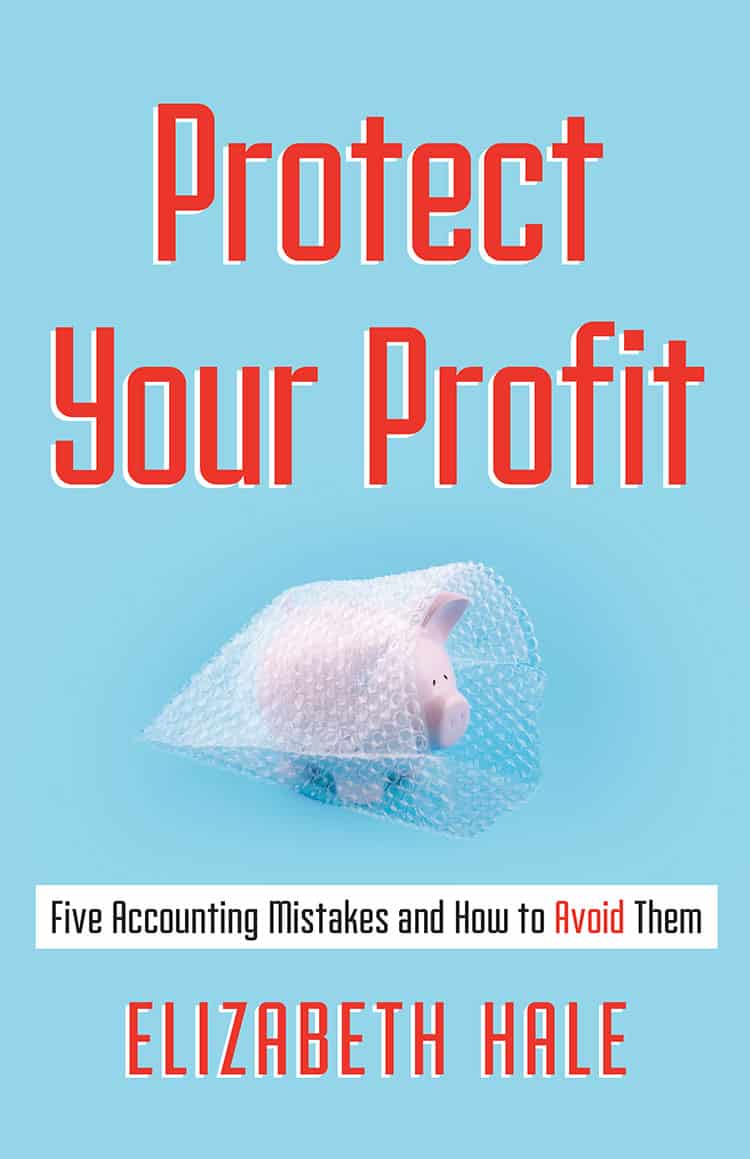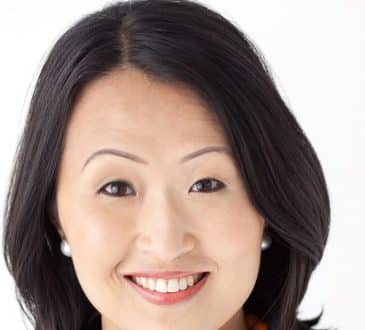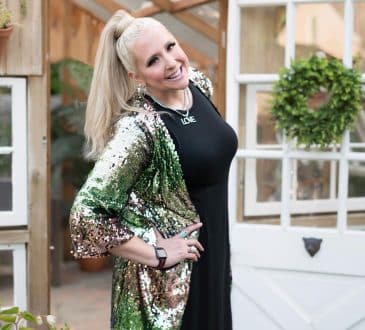To Partner or Not to Partner—The Importance of Equity

Before getting into business with anyone—whether it’s a partnership, LLC, S corp, or C corp—you want to start with a clear understanding of what each person is bringing in, what they’re expecting to get out, and how the business partnership is going to work from a financial perspective.
One day, my long-term client Tina came in with her best friend, Cassandra, for a consultation about a partnership. Cassandra owned a combination café–gift shop in a public park in Alaska and also was responsible for providing a person to collect the entrance fee at the gate to the park. After the one-year contract with the park was up, Cassandra wanted to bring in Tina, who was currently an employee at the gift shop, as a partner, and then the two of them would relocate to Minnesota and open up a shop following the same model in a park there.
When Tina and Cassandra first came into my office, they thought they were totally on the same page and would make excellent partners. Then we sat down and had a discussion about the equity they each would be contributing. Tina had contributed quite a bit of shelving, furnishings to decorate the shop, and a lot of the shop’s inventory. She managed the day-to-day needs of the shop, from arranging the cooking of the food to the ordering of supplies. Meanwhile, Cassandra had made a huge investment in the enterprise as well in refrigeration equipment and additional shelving units.
These items would be their equity in the new business, so we needed to determine the fair market value of these things. We also needed to figure out how to equalize their contributions, as they wanted to be fifty-fifty partners. Rarely does any partnership start with an equal fifty-fifty contribution of equity unless you’re dealing only with cash investments. With basically any startup, even if you don’t have furnishings or physical items to consider, like Tina and Cassandra, you still have to consider sweat equity—the differences in the work each person will be contributing to the business.
Because Tina and Cassandra wanted to share profits fifty-fifty, we had to figure out a way to first repay whichever of them was making the larger initial equity investment. As we began tallying up their contributions, the disagreements began. Cassandra insisted her furnishings were newer and cost more, while Tina argued that her furnishings weren’t “old” but antiques and thus had a higher value than Cassandra’s furnishings.
As we discussed everything that needed to happen to launch this new business, I could see Cassandra’s face and body language shift. She was clearly changing her mind about the whole partnership. She didn’t feel as if Tina’s contributions were enough to justify fifty-fifty profit sharing, even though she had fully agreed prior to the meeting that the partnership should be fifty-fifty. Tina also seemed more unsure about the partnership.
After the consultation, Tina and Cassandra decided not to move forward with the partnership, which I think was the best decision, especially for the sake of their friendship. The consultation cost them around $250 but saved them thousands of dollars in a failed partnership. If you don’t have a clear understanding of how a business arrangement is going to work, not starting the business is the best thing in the long run. Having clear expectations and an understanding of who’s going to handle what and assigning set values to each person’s contribution is really important for sustainability of a business.
There are often large discrepancies in both the perceived and real value each person in the relationship is bringing to the table, especially when trying to compare unlike things, such as money and sweat. To prevent damage to your business and your relationship with your partner, you need to clearly define the terms of your partnership from the onset, with an operating agreement.
This step is necessary because at the end of the day, when it comes time to sell or dissolve the business, you’re going to split it out based on how the equity shares are defined in the operating agreement.

The following is adapted from Protect Your Profit by Elizabeth Hale.
Have you read?
# Top 500 Best Universities In The World For 2019 : Medicine And Health Science Degrees. | Life Science Degrees. | Physical Science Degrees. | Psychology Degrees. | Arts and Humanities Degree. | Education Degrees. | Social Sciences Degrees. | Business And Economics Degrees. | Computer Science Degrees. | Engineering And Technology Degrees.
Add CEOWORLD magazine to your Google News feed.
Follow CEOWORLD magazine headlines on: Google News, LinkedIn, Twitter, and Facebook.
This report/news/ranking/statistics has been prepared only for general guidance on matters of interest and does not constitute professional advice. You should not act upon the information contained in this publication without obtaining specific professional advice. No representation or warranty (express or implied) is given as to the accuracy or completeness of the information contained in this publication, and, to the extent permitted by law, CEOWORLD magazine does not accept or assume any liability, responsibility or duty of care for any consequences of you or anyone else acting, or refraining to act, in reliance on the information contained in this publication or for any decision based on it.
Copyright 2024 The CEOWORLD magazine. All rights reserved. This material (and any extract from it) must not be copied, redistributed or placed on any website, without CEOWORLD magazine' prior written consent. For media queries, please contact: info@ceoworld.biz
SUBSCRIBE NEWSLETTER








